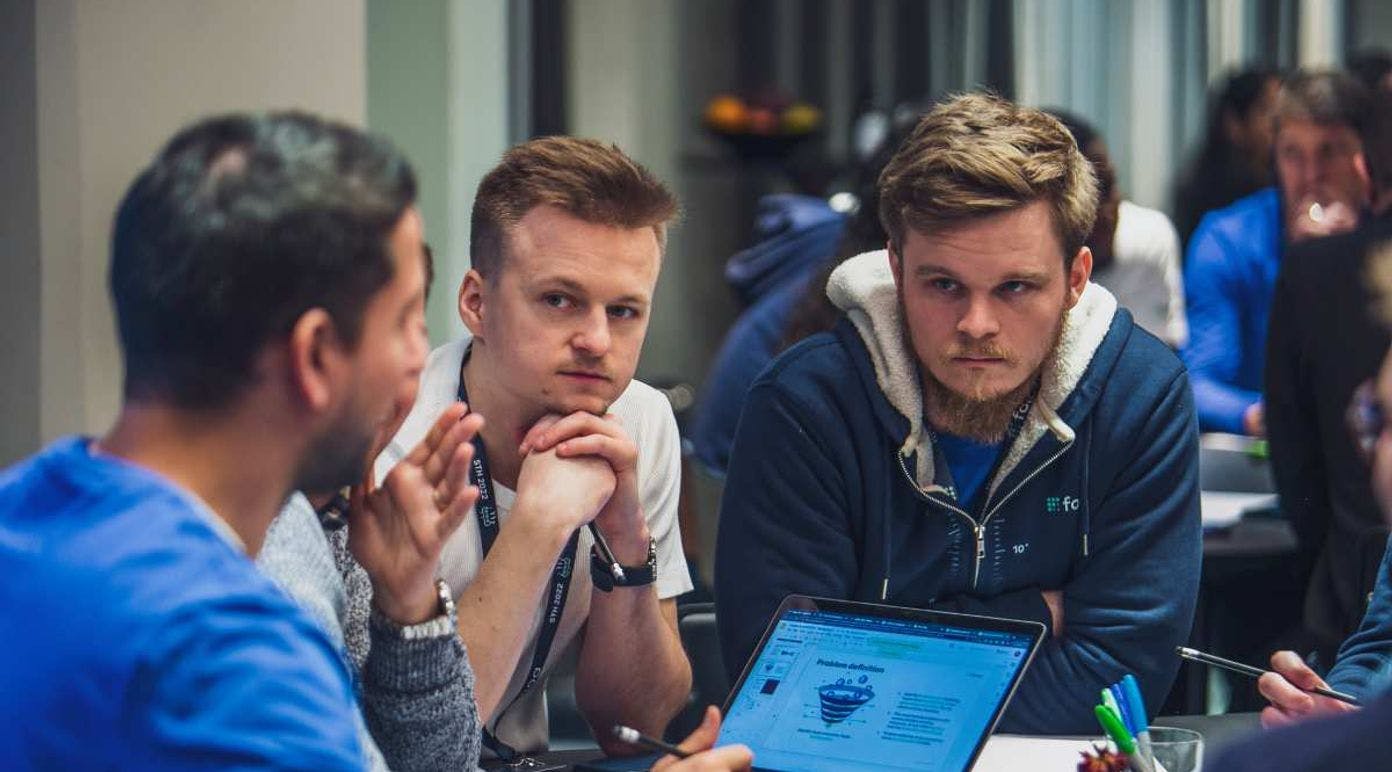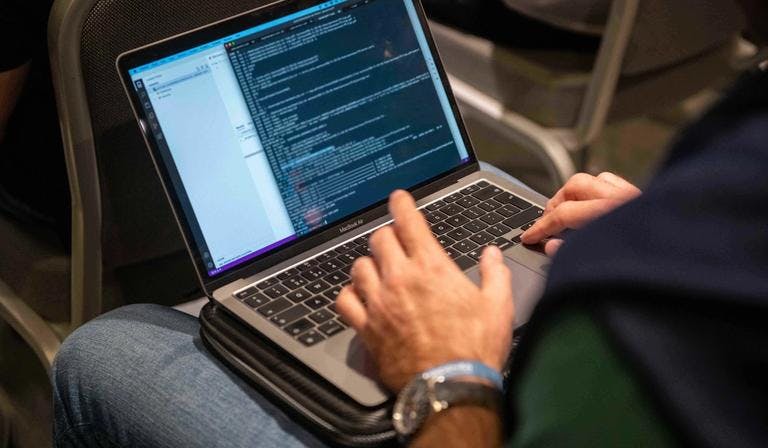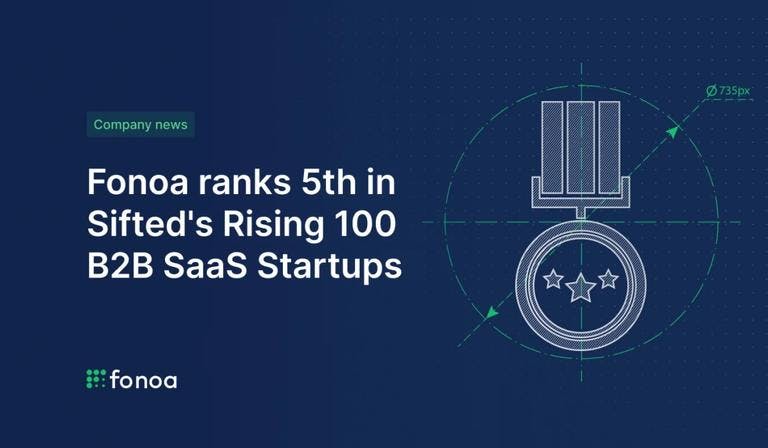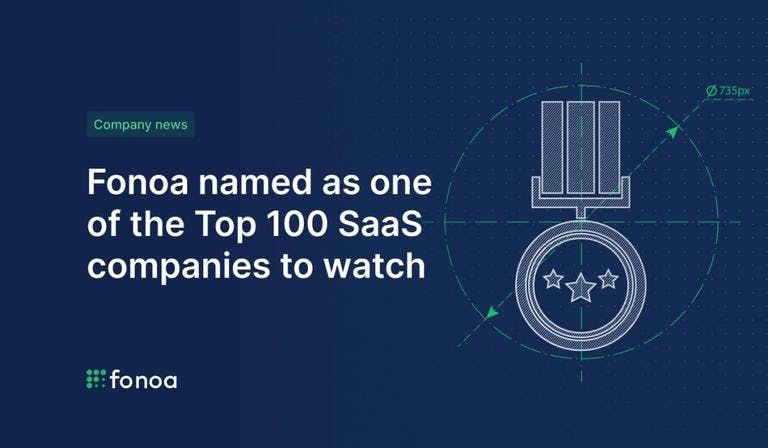Why we don't whiteboard people at Fonoa?

We see hiring at Fonoa as an extremely humane process, a two-way conversation - and this is why our process doesn’t include live tasks or whiteboards. We focus more on getting to know our candidates, their interests, values, and what kind of environments work best for them.
We believe that whiteboard, live coding, and any form of "solve this problem now under pressure and time constraints" are more about anxiety management than actual skills. Recent research from North Carolina State University and Microsoft found that technical interviews currently used in hiring cannot test whether the candidate is competent at coding, resulting in excluding groups of candidates. These forms of interviews simply filter out women from the hiring process. According to the study, all of the women who took the public technical interview failed, while all of the women who took the private technical interview passed.
We don't want people to feel stressed and anxious during the interviews at Fonoa because this gets them in fight or flight mode, which in fact, makes them underachieve.
We don't want to hire only those who train to survive a ruthless interviewing process. We want to get to know people for who they really are.
We developed a process that allows people to be themselves and gives them space to improve, so we are transparent and keep applicants updated with our feedback. Since candidates evaluate us too, we developed an extremely humane process where people have the chance to get to know us, our values, and understand what we do.
What we assess during the hiring process is whether the candidate can ship stuff that works in production, if they will be happy working with us, and if we will be happy working with them.
Values matter
In their book First, Break All the Rules, Marcus Buckingham and Curt Coffman differentiate talents from skills and knowledge. “Skills” are everything you can learn, like creating spreadsheets in Excel, while “knowledge” refers to what you are aware of. On the other hand, “talents” are recurring patterns of thought and behaviour coming to you naturally. While skills and knowledge quantify past performance, talents quantify potential. Values are closer to talents in that sense, being what you find important. Your values help everyone to understand how you understand reality. At Fonoa, the whole interview process is centered around values and potential. We want to understand who you are to make sure you will be happy working with us - because when you join Fonoa, you will be one among equals.
We believe that the ideal candidate doesn’t exist: everyone is different, is on a different journey, and cares about different things.
There are always trade-offs in a hiring process: one candidate is stronger in one field while the other is better in another. This is why we don’t hire someone for what they know, but for what they can do, what they can learn.
Assessing the technical knowledge of our candidates
There's no way to measure knowledge. This is a fallacy that we drag from college, where you get a class that gives you some "finite set", which is measured by asking you if you remember what was taught to you. In an interview environment, there is no class, there is no syllabus, and there is no finite set of things to memorize, yet people somehow think they can actually "measure" it. This also has the side effect of interviewers checking that the candidates know precisely the same things they do, which is deadly for thought diversity.
What matters for us is building a product that works because this is what our customers want: they want their pain to go away. So we need problem-solvers in our team, people who have a natural tendency to fix things. That is why we look for people who can learn something, not for people who remember the same things we do.
We assess if they can build something that works in production. We give candidates a problem to solve. The solution simply "has to work". We don’t put any time pressure on them, which is part of our async culture - not everything requires an immediate answer. To eliminate bias, the work sample is anonymous. During the review, we don’t know which candidate sent it. It makes this process inclusive and helps us build a diverse team.
The task our candidates work on is similar to our work at Fonoa every day. It is free of anxiety, candidates work on it without time constraints, so it doesn't impact their personal lives.
We get very positive feedback from our candidates on this process: they find this way of interviewing friendly and enjoyable. They know what to expect in each interview stage and feel they have more opportunities to ask questions and discuss concerns. We know that it is difficult to relax when interviewing with a company. Therefore we built a process to be stress-free by design.


